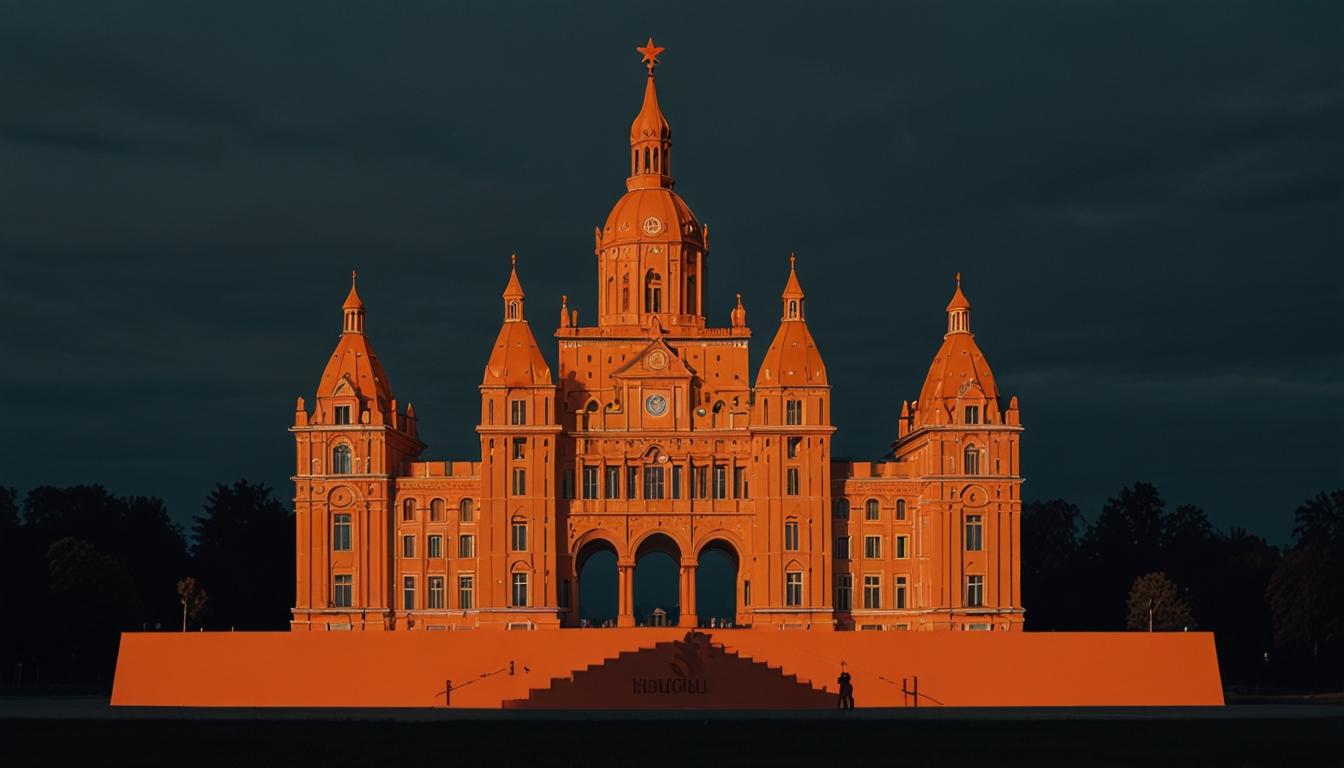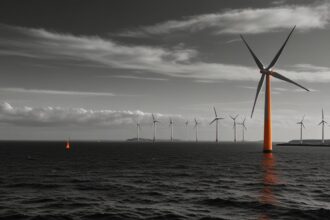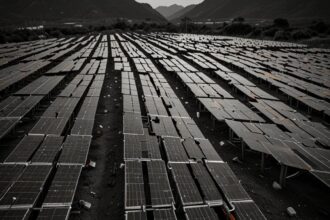Moldova, led by President Maia Sandu, has started negotiations to become an EU member by 2030, facing hurdles like corruption and Russian relationship. Meanwhile, Russia grapples with a terrorist attack in Dagestan, showcasing persistent unrest in the region.
Moldova has initiated official talks to join the European Union as of June 25, 2023. The process is spearheaded by President Maia Sandu, who has set a target of 2030 for EU membership. Despite Moldova’s aspirations, the path will be complex and lengthy. Chisinau, with its blend of European and Soviet influences, embodies Moldova’s transitional state.
Moldova, a nation of 2.6 million people situated between Ukraine and Romania, grapples with issues such as corruption and a significant dependency on remittances from its diaspora. The country has a complicated relationship with Russia, most notably due to the pro-Moscow breakaway region of Transnistria where Russian troops are stationed.
Domestically, Moldova is divided between pro-EU and pro-Russian factions. President Sandu, renowned for her close ties with EU leaders and down-to-earth demeanor, is focused on both the upcoming presidential elections and a pivotal referendum in October to enshrine the EU membership path in the constitution.
Similarly, Russia experienced a significant terrorist incident in its Dagestan region on June 23, 2024. Coordinated attacks on synagogues and Orthodox churches in Makhachkala and Derbent resulted in at least 20 deaths. The motives remain uncertain, and no group has claimed responsibility. Dagestan, part of the predominantly Muslim Caucasus region, is prone to ethnic and religious violence.
The region has a history of unrest, exacerbated by conflicts such as the Chechen wars and modern-day extremist recruitment. The latest attacks highlight ongoing tensions and the potential for increased violence, despite Russia’s focus on the war in Ukraine.













